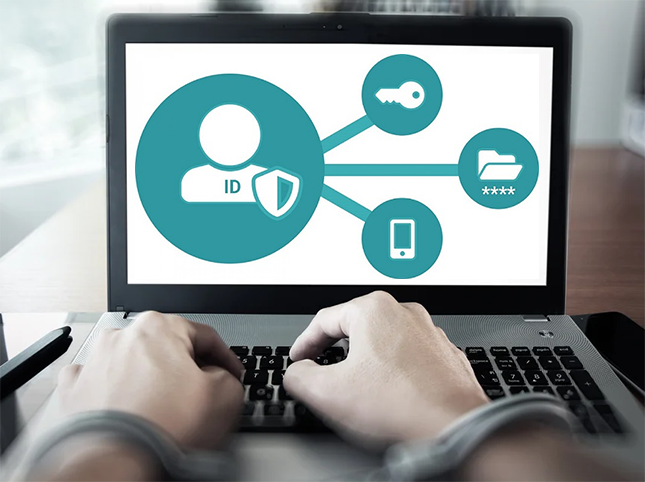In a recent presentation to business leaders, Kent Goodrow, a Systems Engineering client Account Manager, spoke about the evolution of identity and access management (IAM). He noted the increasing business exposure to modern threats due to work-from-anywhere, cloud-first environments. Kent detailed how IAM has evolved over the last few years and how it now works to protect access to corporate resources. Below is an outline of his presentation on implementing IAM as your organization's first line of defense.
Systems Engineering

Recent Posts
On April 13, Microsoft released its monthly patches for vulnerabilities found within their products. In their release announcement, Microsoft strongly recommends prioritizing the CVE 2021 28481 security update which affects Exchange servers 2013, 2016, and 2019. This vulnerability allows hackers access to mailboxes to read or even exfiltrate sensitive information.
Systems Engineering is aware of the FBI and CISA joint security advisory indicating threat actors are potentially using multiple Common Vulnerabilities and Exposures (CVE) to exploit Fortinet operating systems, known as FortiOS. The advisory calls out three vulnerabilities that may be used to gain access to business networks to begin data exfiltration or data encryption attacks. Vulnerabilities include;
Systems Engineering is aware of multiple vulnerabilities within Cisco Jabber Client software. These vulnerabilities affect Cisco Jabber for Windows, Cisco Jabber for MacOS, and Cisco Jabber for Mobile platforms. Vulnerabilities include:
Qualys Cloud Platform is the incident response and breach prevention vendor used at Systems Engineering to perform monthly external vulnerability scan for our customers. Recently, Qualys released a statement relating to a previously identified zero-day exploit in one of their third-party solutions (Accellion FTA).
UPDATE MARCH 8, 2021
Systems Engineering learned of the Exchange on-premises server vulnerability on Tuesday, March 2nd, and activated our incident response plan.
SECURITY ALERT: Microsoft Netlogon Enforcement Impact on Unsupported Operating Systems
Important information for organizations who have Microsoft Windows Server 2008 Domain Controllers or with unsupported systems.








